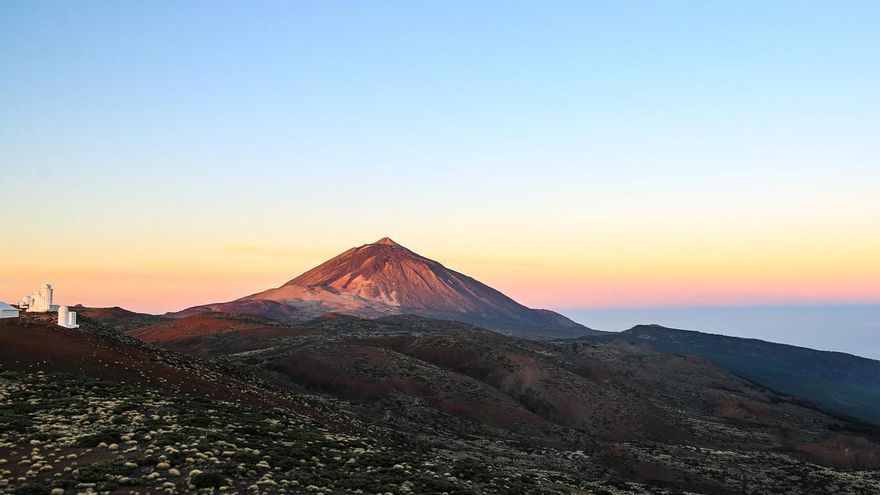
The ruling group of the Tenerife Island Council (CC and PP) will present to this Friday’s plenary session a motion to promote the legal and economic study for the approval of a “final fee” to enhance the conservation and provision of services in protected natural spaces.
This was announced on Tuesday by the Vice President of the Council and Tourism Councillor, Lope Afonso, who defended on his social media profiles that the proceeds from this fee would be allocated “to improve the visitor experience”, and to conserve the protected natural spaces in Tenerife.
In addition, the President of the Tenerife Island Council, Rosa Dávila, has endorsed Afonso’s statements, and also emphasized that “it would be the tourists and visitors who would be subject to charges for the services they enjoy in our protected natural spaces” through this fee proposal.
Dávila’s remarks echo those made to Radio Club Tenerife on Monday, as reported by EFE, where she believed that the 20A demonstrations are “a turning point”, while advocating for charging access to natural spaces, improving the economic model, and addressing the demographic challenge.
In addition, Dávila proposed a fee for accessing natural spaces, because there is “a need to limit access, to exert greater control”, and she advocates for a “finalist nature” formula, with funds dedicated to preserving, raising awareness, and having more resources in these areas.
Regarding a change in the current model of the islands, Dávila indicated that it “was successful” 50 years ago, precisely “in moving this land away from being a rural and impoverished society”, but that “now young, talented, and educated people have to leave” to find opportunities.
“That deserves a review, because it’s not about ending tourism, but about integrating it better into an economic model that in turn brings benefits to society and a quality of life for those who live here,” she asserted.
Questioned about how to regulate the number of tourists arriving on the island, she clarified that it would be necessary to explore “all legal and fiscal measures that can be established and allow limits to be set on land occupancy and natural resource exploitation” given Canary Islands’ status as an outermost region.
“The impact that tourism has, as well as any other activity, needs to be offset, and therefore, we must move towards a type of tourism that regenerates, because Tenerife is not a theme park,” she added.
















